|
English composer Benjamin Britten is primarily known amongst vocal music aficionados for his works for tenor, from Peter Grimes to the Canticles. Today, however, we spotlight a beautiful example of his work written for two female singers: “Mother Comfort,” from Two Ballads. Written in 1936 for Swiss singers Sophie and Colette Wyss, “Mother Comfort” sets a poem by Montagu Slater, later to become Britten’s librettist for the aforementioned Grimes. The text sets the two women in an ambiguous conflict with one another, at first asking whether they should even be talking together at all. It seems their friendship is strained by common interest in the same man, wondering to each other “Will you be Mother Comfort or shall I?” As the questions alternate between the two women, Britten echoes their back-and-forth with musical lines that intersect. Consonance and dissonance dip in and out, with the soprano and mezzo parts switching lines back and forth at different times. Each woman gets her own chance to express her feelings to the other, then returns to duo lines that weave betwixt and between. The writing requires strength and independence in each singer’s solo abilities, and simultaneously careful matching of timbre, phrasing, and text so that each voice blends and exchanges with the other to leave the listener guessing who is who. It is fortunate for me, then, that my mezzo duet partner in this work is Bridget - captured here in a recording from our parlor concert with pianist Dana Brown in 2019. One of the greatest joys of my work with Fourth Coast Ensemble has been our work together finding our distinctive blend, and being able to play my soprano lines off Bridget’s rich tone and expressive music-making. And it's an amplified gift as we continue to grow in our independent artistries, simultaneously strengthening our combined musical and vocal powers in partnership. That being the case, we are so excited to share our first duo concert, performed last Saturday, February 20th, through the power of livestreaming, with the phenomenal Kuang-Hao Huang on piano. We can't wait to share more musical melding - including more Britten! - with you all. Origin Stories: Soprano | Mezzo Duo is available for streaming access here through midnight CST tonight (2/22/21). Single tickets are $20.
1 Comment
This #artsongfix is dedicated to Fourth Coast Ensemble's Sarah van der Ploeg and her fiancée Kevin Harrison as they gather with their families to exchange vows of marriage today. One of the greatest pleasures of my life as a classical mezzo-soprano is to share the stage with my soprano counterparts. It's an even greater pleasure if the soprano standing beside me is Fourth Coast Ensemble's Sarah van der Ploeg. Sarah and I first met during our time as young artists at Pittsburgh Festival Opera; our friendship followed us back to Chicago and, ultimately, to singing a lot of vocal chamber music together in the years since! Certainly one of the most well-loved soprano/mezzo duets from the classical canon is the Flower Duet from Léo Delibes' 1883 opera Lakmé. (Whether you know the name or not, you would probably recognize this tune from the mega popular British Airways' 1989 advertising campaign.) Today's #artsongfix is another divine, if less widely quoted, treble duet from composer Léo Delibes: Les trois oiseaux. Art song was a new art form in the 1800's, filling the space between popular music and opera. Also at this time, music was being integrated into the educational system more broadly, and there was demand for secular solo and ensemble music to be sung at school and in the home. Perhaps due in part to the separation of genders in most formal educational institutions at the time, there was a large outpouring of vocal chamber music written for "two sopranos," "soprano and contralto," "two equal voices," or "two female voices" during this era, as is the case here. 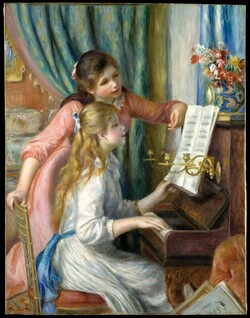 Auguste Renoir, Two Young Girls at the Piano (1892) Auguste Renoir, Two Young Girls at the Piano (1892) The text of Les trois oiseaux is a poem by François Coppée. Coppée was referred to as "the poet of the humble" during his lifetime due to the simple, plainspoken nature of his verses. It is perhaps this essence of simplicity that made his poetry so well suited to art song composers of the 19th century. Among the other composers to chose Coppée's texts for song are Charles Gounod, Henri Duparc, Reynaldo Hahn, Charles Camille Saint-Saëns, Jules Massenet, and (in Russian translation) Nikolai Andreyevich Rimsky-Korsakov. Delibes organizes the music in musical strophes, mirroring the three poetic stanzas. The narrator asks for help to win over their lover from three different birds ("les trois oiseaux"): a dove, an eagle, and a vulture. The three birds respond to the young lover's overtures in turn, with each reply more disappointing than the one before. By the end of the song the young lover begs for mercy from the vulture: "Tear out my dear one's love from my heart, leave only what she has left untouched!" The vulture replies: "It's too late." As a listener, we can interpret the ending of the song to mean that the young lover is too far gone in their love, nothing can help them now. If the vulture were to rip out the parts of the lover's heart that were touched by love, it would have to rip out the whole thing! As many of us know, young love is powerful, all consuming, and can be totally devastating. This song is typical of Delibes in its charm and unabashed sweetness. The free flowing piano accompaniment draws to my mind the shapes of a bird in flight; darting up and down, alternately flapping its wings and soaring on an air current. Pianist Kuang-Hao Huang's performance highlights these qualities beautifully, and the vocal writing provides ample opportunity for me to enjoy harmonizing with my soprano sister in song, Sarah van der Ploeg. I hope you enjoy!
|
SUBSCRIBEAboutHello, and welcome to the blog! We are Fourth Coast Ensemble, Chicago's classical vocal quartet. Join a different member of our ensemble for insights into our favorite art songs, links to archival and new recordings, and reflections on why we value and continue to come back to this musical medium. We proudly present, your #artsongfix! Archives
June 2023
Categories
All
|
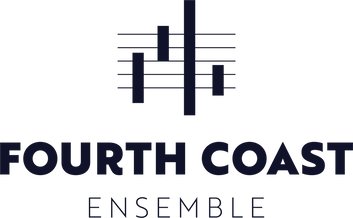
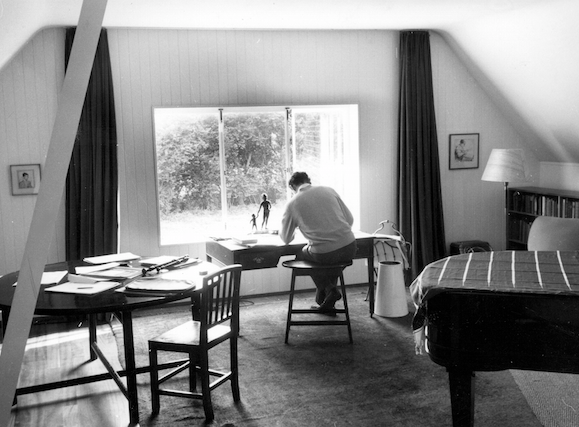

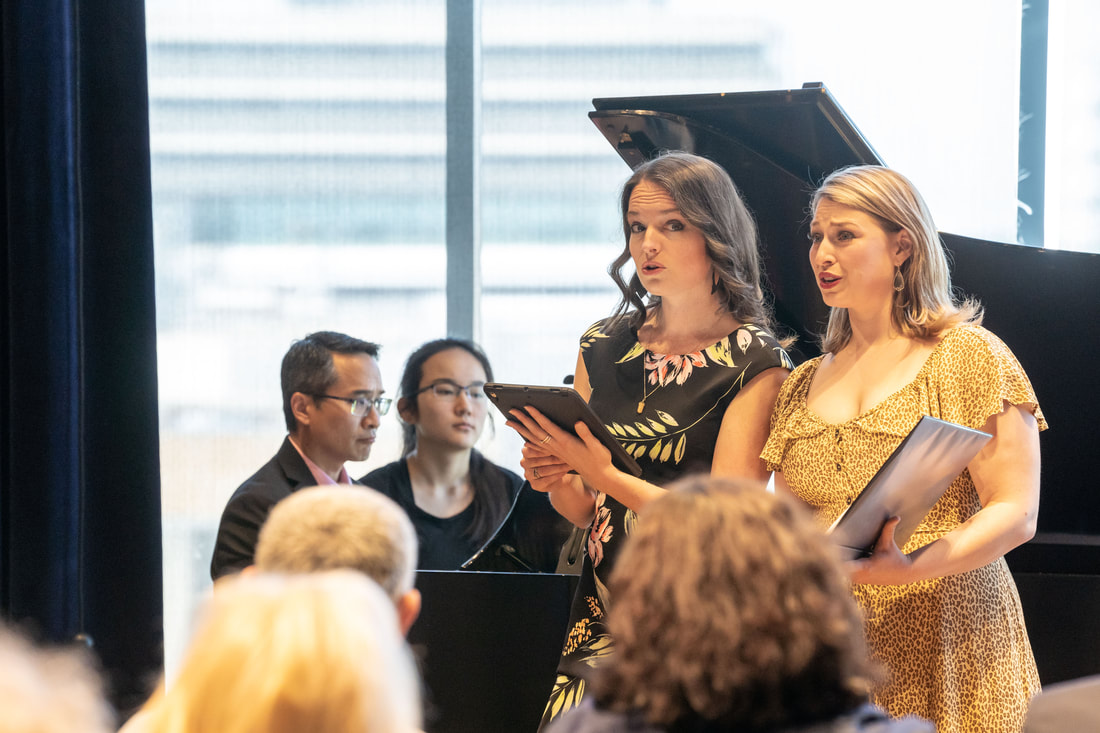
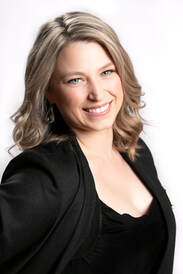
 RSS Feed
RSS Feed
